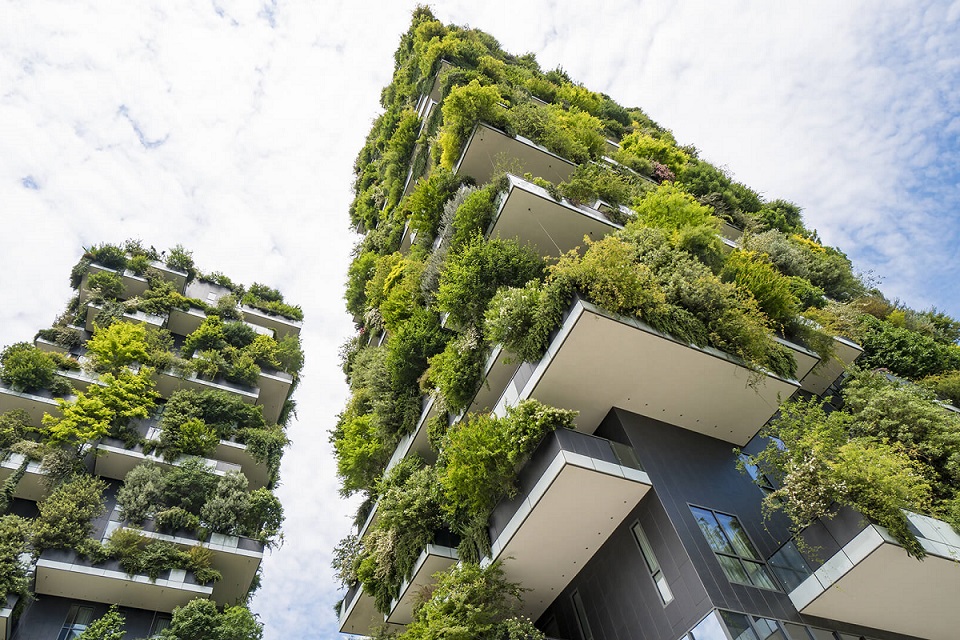As the world is moving towards a more sustainable future, the importance of energy efficiency in buildings is increasing. Buildings are responsible for a significant amount of energy consumption and greenhouse gas emissions, which makes it crucial to make them more energy efficient. In this blog post, we will discuss the significance of sustainable buildings and the future of the construction industry.
Importance of Sustainable Buildings
Sustainable buildings are designed to minimize their impact on the environment and maximize their energy efficiency. They are built with eco-friendly materials, optimized for energy efficiency, and designed to reduce waste and pollution. Here are some of the reasons why sustainable buildings are essential:
Energy Efficiency: Sustainable buildings are designed to use energy efficiently, which reduces their carbon footprint. They use renewable energy sources like solar and wind to generate power, which significantly reduces the reliance on fossil fuels.
Lower Operating Costs: Sustainable buildings are designed to reduce energy consumption, which translates to lower operating costs for the occupants. The use of energy-efficient lighting, HVAC systems, and appliances can significantly reduce the building’s energy consumption.
Improved Indoor Air Quality: Sustainable buildings are designed to improve indoor air quality by using eco-friendly materials, ventilation systems, and air filters. This results in a healthier living environment for the occupants.
Increased Property Value: Sustainable buildings have a higher property value than conventional buildings, as they are more in demand among environmentally conscious buyers.
Future of the Construction Industry
The construction industry is at a crossroads, where sustainable building practices are becoming more common. Here are some of the trends that we can expect in the future of the construction industry:
Green Building Certifications: Green building certifications like LEED and BREEAM are becoming more prevalent, and many construction companies are adopting these standards to demonstrate their commitment to sustainability.
Use of Prefabrication: Prefabrication involves constructing building components offsite and assembling them on-site. This method reduces waste, energy consumption, and construction time, making it a more sustainable option.
Innovative Materials: The construction industry is exploring new eco-friendly materials like engineered wood, bamboo, and recycled plastic. These materials have a lower carbon footprint than traditional building materials like concrete and steel.
Smart Building Technology: Smart building technology allows buildings to optimize their energy consumption through automation and monitoring. This technology can significantly reduce a building’s energy consumption and improve its overall sustainability.
Conclusion
Sustainable buildings are becoming more prevalent as the world moves towards a more sustainable future. The construction industry is also adapting to this change by adopting sustainable building practices and exploring new eco-friendly materials and technologies. The importance of energy efficiency in buildings cannot be overstated, as it significantly reduces the carbon footprint and operating costs. As a society, we must continue to prioritize sustainable building practices to ensure a greener and healthier future.





